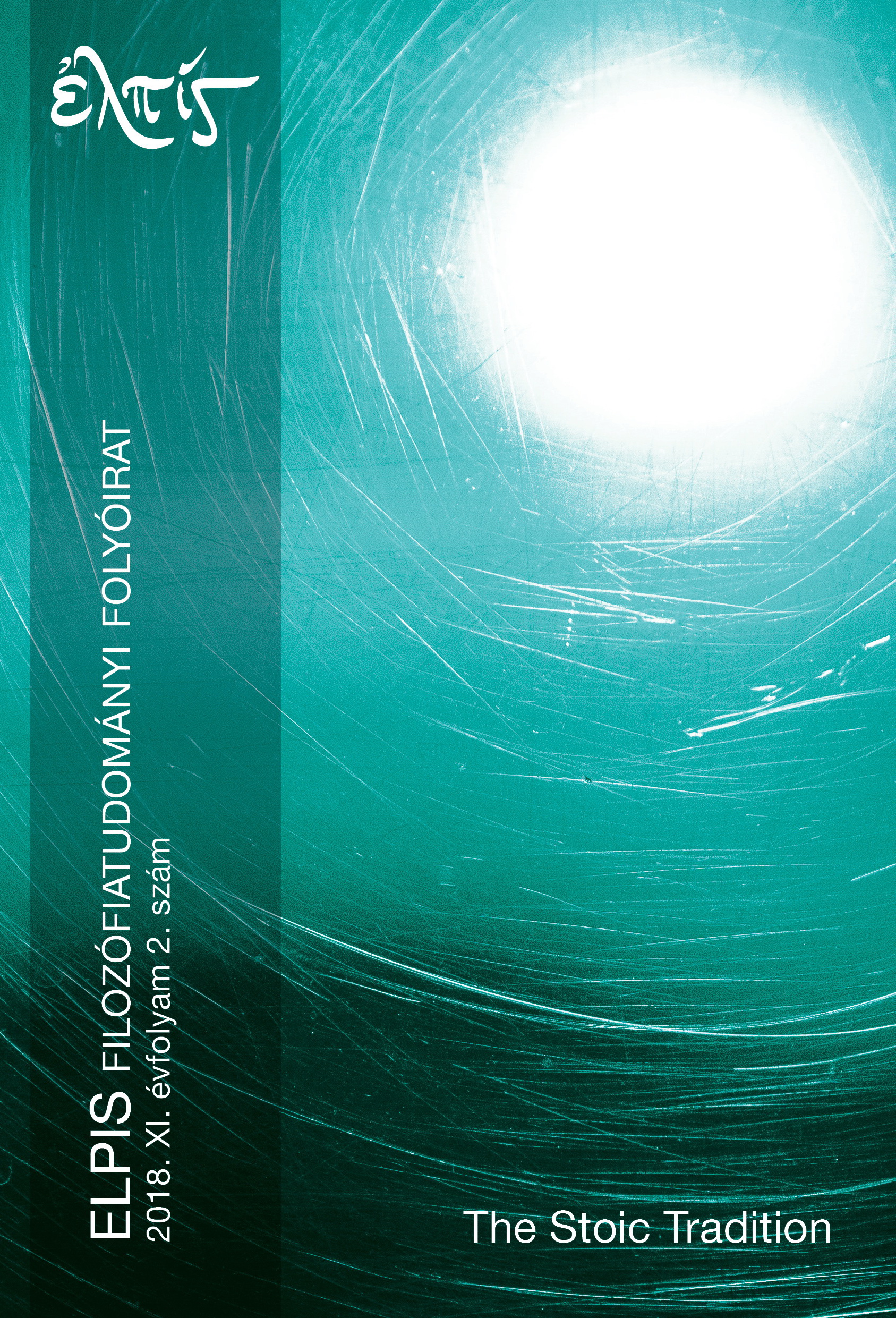Katharsis and Phantasia in Plotinus’ Thought
DOI:
https://doi.org/10.54310/Elpis.2018.2.9Kulcsszavak:
Plotinus, Image-Making, Soul, Reason, Cathartic VirtueAbsztrakt
The Plotinian virtue of katharsis is heavily integrated with his teaching on the concept of phantasia, which is the image-making faculty in his system. The processes of image-making and formation of mental representations are very intricate in the philosopher’s thought, finding its start at the level of the organic, living body, which is alive thanks to the presence of the soul within. The last step into the other end of the spectrum is reason (dianoia), which has the role of judgement about the contents found in phantasia. In this article, I argue that the Plotinian cathartic virtue aims at the transformation of the relation of this faculty and reason. In this way, reason firstly stops busying itself with the lower content which takes place in phantasia and secondly, thanks to the first step, identifies more and more with the higher content, which also belongs to phantasia as a faculty of the soul which unfolds the content of the divine intellect, Nous. Katharsis’ extended work upwards is also key for the transformation of the lower components of the human soul and reduction of the demands of bodily life to its natural minimum. Thus, intellectual philosophical work is what provides the necessary step thanks to which the desiderative and affective states change and upgrade.




